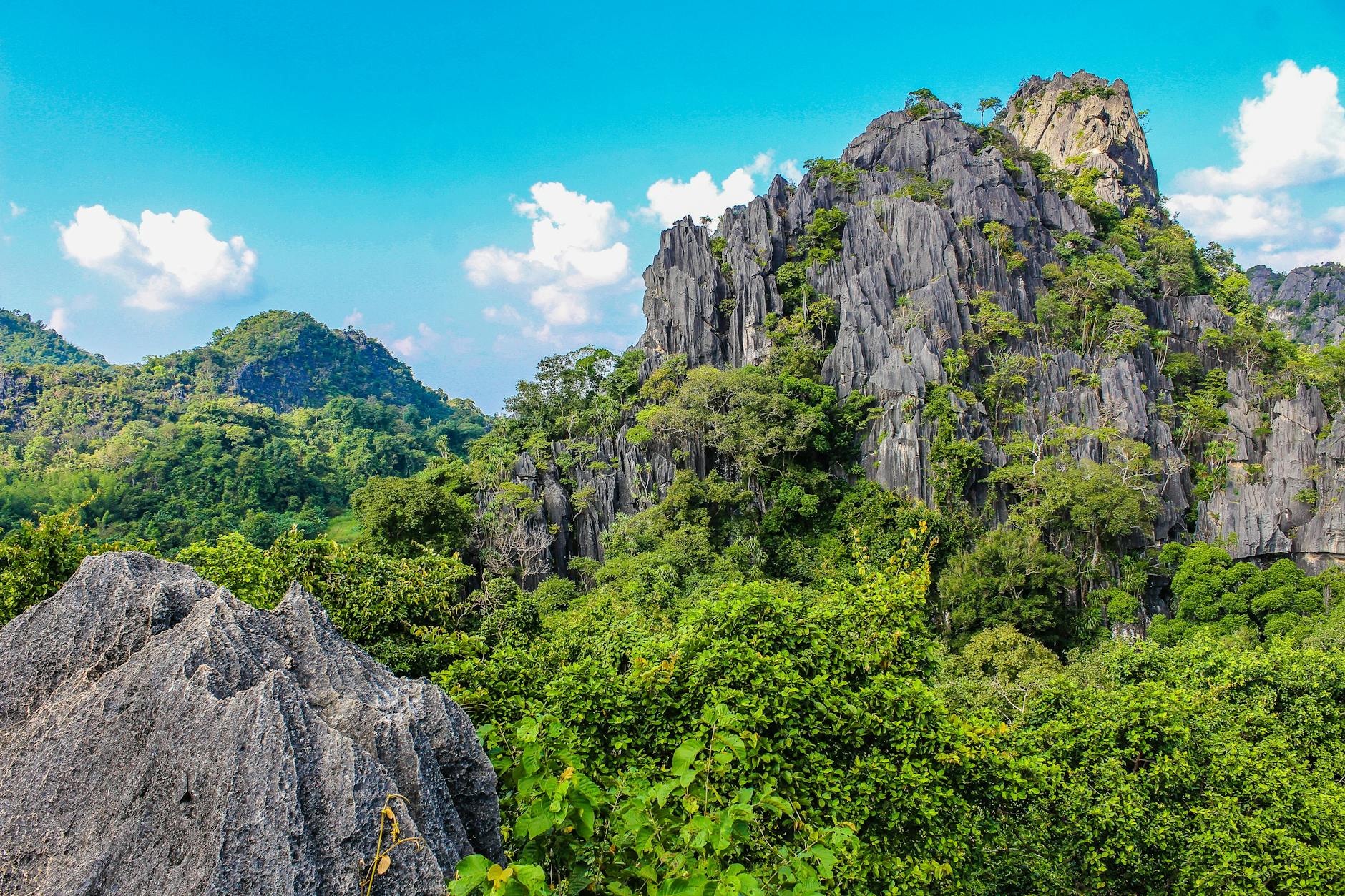Catalysing forest solutions at the UN Climate Change Summit

Forests as a leading front in nature-based climate solutions, was the key message of the United Nations Climate Action Summit Side Event “Catalysing forest solutions to the climate emergency” organized by the UN-REDD Programme. The event took place as a part of the four-day Nature4Climate Hub, focusing on showcasing climate solutions for forests, soils, food and agriculture, freshwater, ocean and marine ecosystems and wildlife.
At the 2008 UN Climate Change Summit, UN Secretary-General Ban Ki-moon and the Prime Minister of Norway Jens Stoltenberg launched the UN-REDD Programme. Precisely eleven years later, the UN-REDD Side Events marks the eve of the 2019 UN Climate Change Summit, with a focus on raising ambitions and accelerating action. The event was moderated by Ms Mette Wilkie, Director, Forestry Policy and Resources Division, in which she highlighted the importance of recognizing forests as a requisite front of action in the global fight against climate change – thanks to their unparalleled capacity to absorb and store carbon.
“Awareness of the need for forest action has never been greater. We are seeing positive momentum and opportunity to take action on forests worldwide – driven by governments, civil-society organizations and businesses. We can best face and overcome crises through joint, creative action,” she added.
In his key address, Mr Sveinung Rotevatn, the State Secretary of Climate and Environment, Norway, presented Norway’s national forest priorities and the impact of UN-REDD Programme on global recognition of forests as an important nature-based solution to stabilising the climate if forests receive the attention and finance they deserve.
The event demonstrated ways in which UN-REDD continues to support countries in increasing and mainstreaming forests within Nationally Determined Contributions and national development plans.
 The UN-REDD Programme, a joint undertaking of FAO, UNDP and UNEP to fight deforestation and forest degradation, was developed to advance the United Nations Framework Convention on Climate Change and to foster innovative and collaborative approaches to address the existential challenge of climate change. Founded ten years ago with the sustained and substantial support of Denmark, Japan, Luxembourg, Norway, Spain, Switzerland and the European Union, the Programme was the first joint global UN programme on climate change.
The UN-REDD Programme, a joint undertaking of FAO, UNDP and UNEP to fight deforestation and forest degradation, was developed to advance the United Nations Framework Convention on Climate Change and to foster innovative and collaborative approaches to address the existential challenge of climate change. Founded ten years ago with the sustained and substantial support of Denmark, Japan, Luxembourg, Norway, Spain, Switzerland and the European Union, the Programme was the first joint global UN programme on climate change.
Expanding from 9 partner countries in 2009 to 64, the UN-REDD Programme has been recognized as a flagship UN partnership for the Paris Agreement and for its key role in delivering on the Sustainable Development Agenda. Today, it is a global knowledge hub for solutions to deforestation and forest degradation and a major world partner in the implementation of nature-based solutions to climate change.
Panellists emphasized the role of the Programme in accompanying its partner countries in improving governance and advancing national policy and institutional systems to safeguard forests and mitigate climate change.
Mr Peter Umunay, Senior Advisor for Forest and Climate Change, WCMC reflected on various approaches for increasing finance to forge new country investments to implement forest solutions to climate change and contribute to Agenda 2030.
Ms Salina Abraham, GLF forest Youth advocate, shared discourses from the Youth Summit and discussed how rage can be turned into action and protest into partnerships.
Mr Chebet Maikut, the Commissioner at the Climate Change Department, Ministry of Water and Environment and UNFCCC National Focal Point for Uganda shared lessons learned from developing Uganda’s National Forestry Monitoring System (NFMS) and its importance for further decision-making and REDD+ actions planning in the country.
Dr Agus Justianto, Director General, Research, Development and Innovation Agency, Ministry of Environment and Forestry of Indonesia addressed the topic of governance and policy in the context of increasing ambitions and accelerating action on the ground.
The UN-REDD Programme has supported countries on the way toward the achievement of their REDD+ goals. Nevertheless, deforestation remains high and intractable without major policy and institutional reforms and corresponding governance and financing support in most countries. In fact, agriculture, forestry and other land use (AFOLU) represents 24 percent of global greenhouse gas emissions, mainly from deforestation and agricultural emissions.
The Climate Action Summit has marked a pivotal moment in humanity’s quest for a sustainable future. Increased ambitions for the role of forests in climate change mitigation and adaptation, as well as the UN’s innovative and collaborative power must be placed at the centre of the conversation in order to further develop nature-based solutions for climate change.

About Nature4Climate
Nature4Climate (N4C) is an initiative of The Nature Conservancy (TNC), UN-REDD Programme, the Convention on Biological Diversity (CBD), Doris Duke Foundation, Food and Land Use Coalition (FOLU), the International Union for Conservation of Nature (IUCN), Conservation International (CI), United Nations Development Programme (UNDP), Wildlife Conservation Society (WCS), Woods Hole Research Center, World Business Council for Sustainable Development (WBCSD), World Resources Institute (WRI), We Mean Business (WMB) and WWF that aims to increase investment and action on natural climate solutions in support of the 2015 Paris climate agreement.
The N4C partners work together to catalyse partnerships between governments, civil society, business and investors that use nature-based solutions to climate change. The UN-REDD Programme is a N4C Steering Group member.
